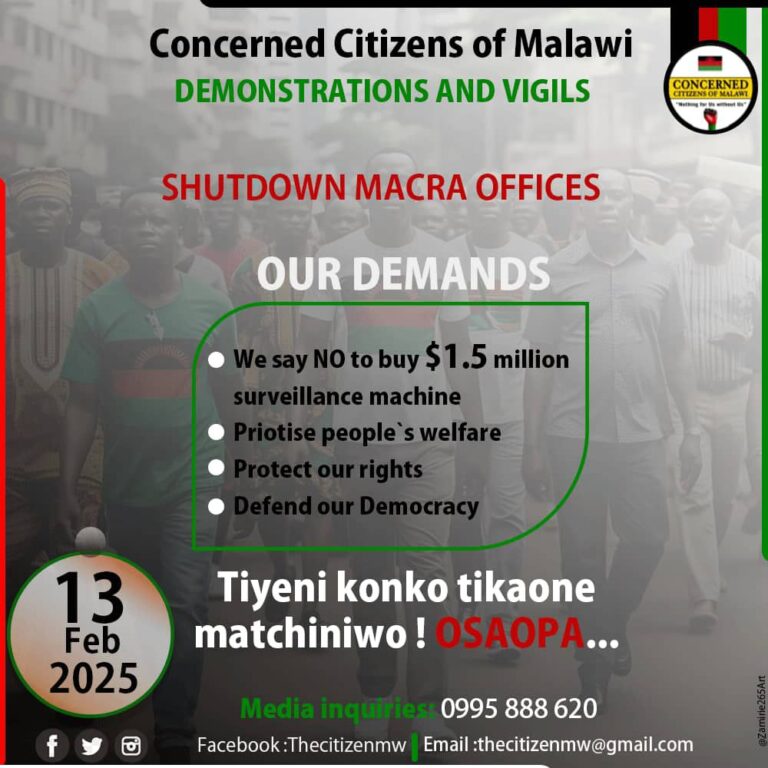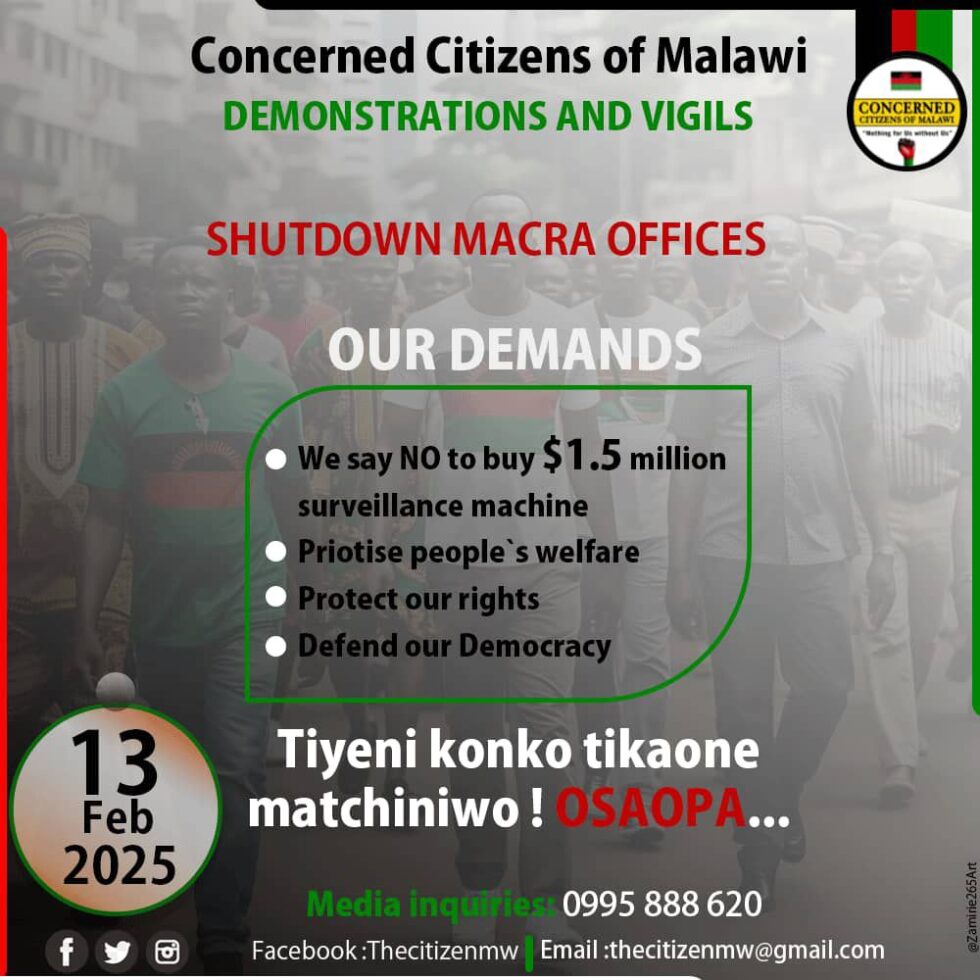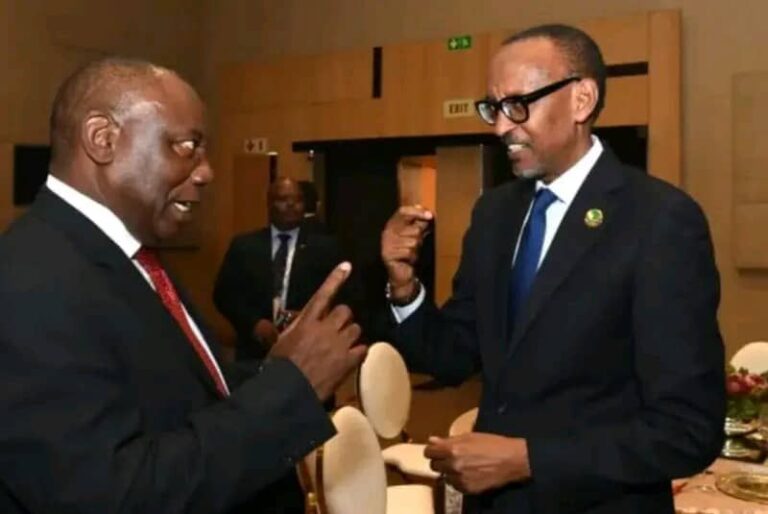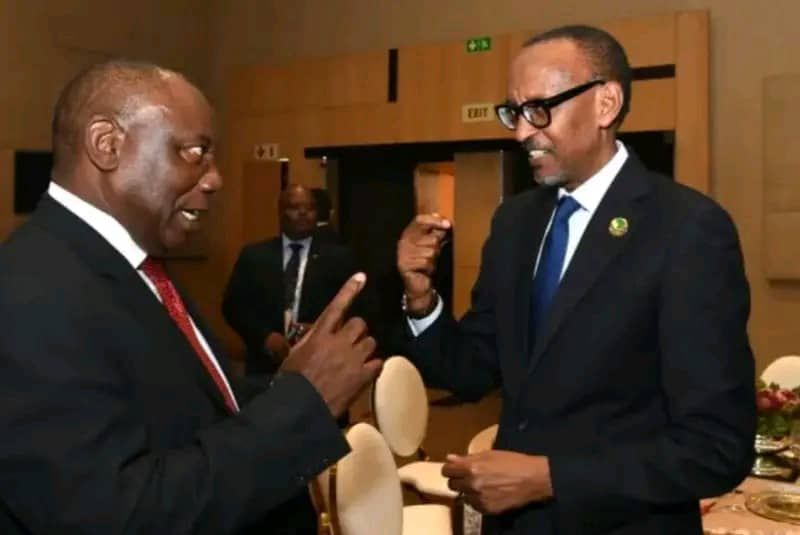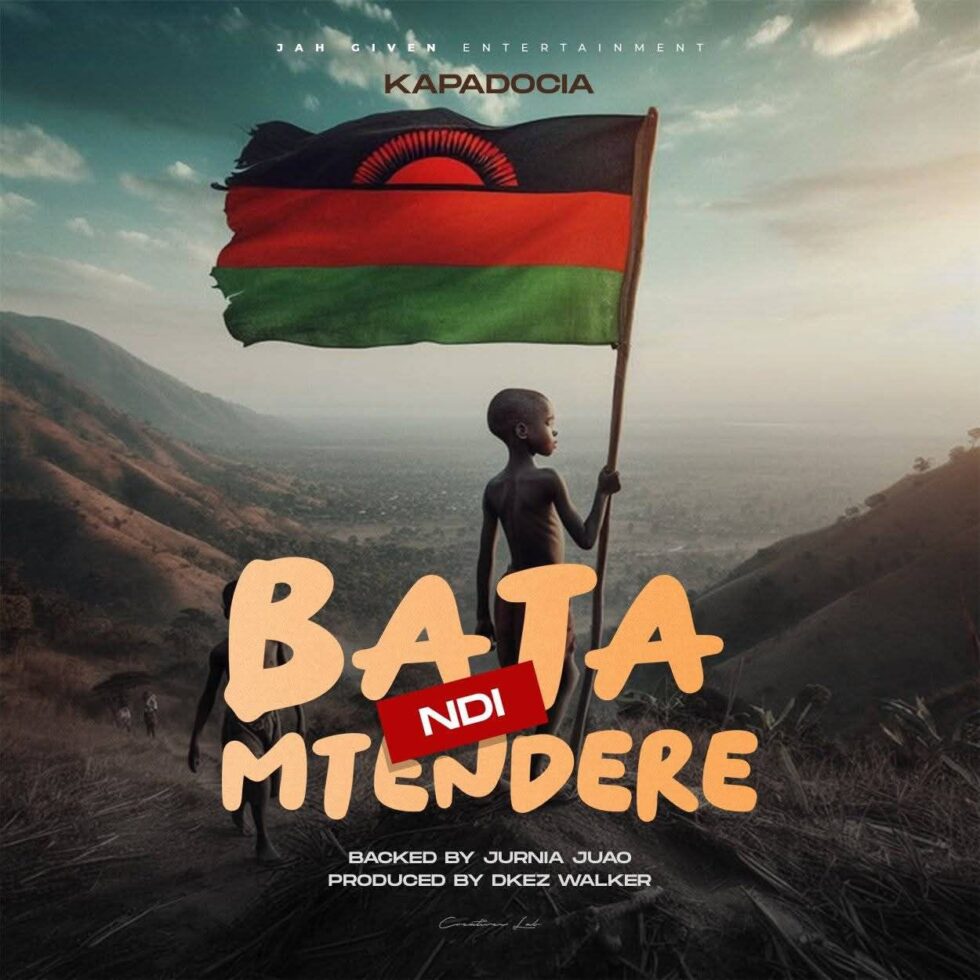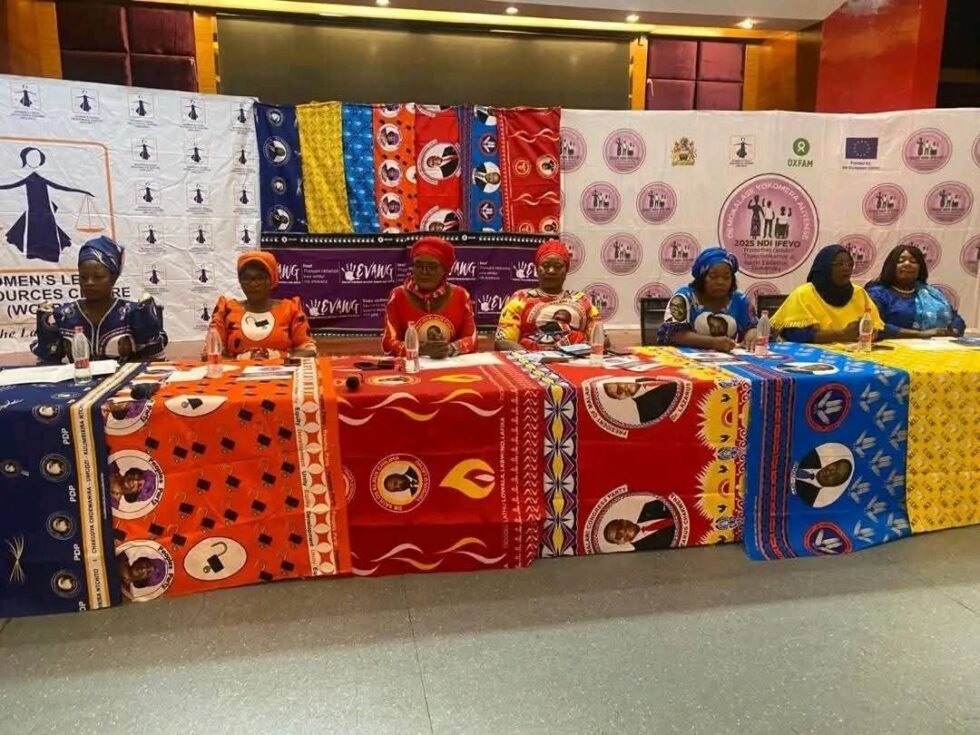By Twink Jones Gadama
In the heart of Southern Africa lies Malawi, a nation often celebrated for its breathtaking landscapes and warm-hearted people. Hence,the warm heart of Africa.
However, beneath the surface of this picturesque country lies a troubling reality: Malawi’s heavy reliance on foreign aid has rendered it vulnerable to external political decisions, exposing the fragility of its independence. The recent stop work order issued by the Trump administration has affected over 40 non-governmental organizations (NGOs) and projects in Malawi, including prominent entities such as FHI360, Project Hope Namibia, Baylor College of Medicine, the Family Planning Association of Malawi, Feed the Children, Cham, and World Vision. This situation raises critical questions about Malawi’s sovereignty and the lingering effects of colonialism in a nation that is still grappling with its identity and autonomy.
Malawi’s dependence on foreign aid is not a new phenomenon. Since gaining independence from British colonial rule in 1964, the country has struggled to establish a self-sustaining economy. The legacy of colonialism left Malawi with a weak infrastructure, limited industrialization, and a reliance on subsistence agriculture. As a result, the nation has become one of the poorest in the world, with over 50% of its population living below the poverty line. In this context, foreign aid has become a lifeline for many Malawians, funding essential services such as healthcare, education, and food security.

The statistics are staggering. According to the World Bank, Malawi receives approximately 40% of its national budget from foreign aid. This dependency has created a cycle of vulnerability, where the country’s development is contingent upon the whims of international donors. The recent stop work order from the Trump administration serves as a stark reminder of this precarious situation. With the abrupt cessation of funding for critical projects, thousands of Malawians are left without access to vital services, exacerbating an already dire situation.
The impact of the stop work order is particularly pronounced in the healthcare sector. Organizations like Baylor College of Medicine and FHI360 have been instrumental in providing essential medical services, including HIV/AIDS treatment and maternal health care. The sudden withdrawal of support from these organizations has left a significant gap in healthcare delivery, putting countless lives at risk. The Family Planning Association of Malawi, which has been working to improve reproductive health services, is also facing severe setbacks. The loss of funding not only affects the organizations themselves but also the communities that rely on their services for survival.
Moreover, the stop work order highlights the broader implications of Malawi’s reliance on foreign aid. The country’s development agenda is often dictated by the priorities of international donors, rather than the needs and aspirations of its citizens. This dynamic raises questions about the sovereignty of Malawi as a nation. Are Malawians truly in control of their own development, or are they merely pawns in a game played by foreign powers? The answer is troubling: Malawi’s independence is undermined by its dependence on external funding.
The colonial legacy is still palpable in Malawi’s political and economic landscape. The structures of power established during colonial rule have not been entirely dismantled, and many argue that the country remains in a state of neo-colonialism. The influence of foreign governments and organizations often overshadows local voices, perpetuating a cycle of dependency that stifles genuine progress. The recent actions of the Trump administration serve as a stark reminder that Malawi’s fate can be dictated by foreign powers, reinforcing the notion that true independence remains elusive.
Furthermore, the reliance on foreign aid has fostered a culture of complacency among local leaders. Instead of prioritizing sustainable development and self-sufficiency, many politicians and policymakers have become accustomed to relying on external funding to address pressing issues. This mindset not only undermines local initiatives but also perpetuates a cycle of dependency that is difficult to break. The stop work order has exposed the fragility of this system, forcing Malawians to confront the reality that their future is not entirely in their hands.
The consequences of this dependency extend beyond immediate service delivery. The halt of funding for NGOs and projects has far-reaching implications for Malawi’s long-term development. With limited resources, the government struggles to provide essential services, leading to increased poverty, malnutrition, and disease. The lack of investment in infrastructure and education further exacerbates the situation, trapping future generations in a cycle of poverty and dependency.
In addition to the economic implications, the stop work order has also sparked a national conversation about sovereignty and self-determination. Many Malawians are beginning to question the status quo and demand a more equitable relationship with foreign donors. The narrative of dependency is being challenged, as citizens call for a shift towards sustainable development that prioritizes local solutions and empowers communities. This shift is essential for breaking the cycle of dependency and fostering a sense of ownership over the nation’s future.
As Malawi grapples with the fallout from the stop work order, it is crucial for the government and civil society to come together to forge a new path forward. This path must prioritize self-sufficiency, sustainable development, and the empowerment of local communities. By investing in education, infrastructure, and local industries, Malawi can begin to reduce its reliance on foreign aid and build a more resilient economy.
Moreover, the international community must recognize the importance of supporting Malawi’s journey towards self-determination. Rather than perpetuating a cycle of dependency, foreign donors should focus on fostering partnerships that empower local communities and promote sustainable development. This approach requires a fundamental shift in the way aid is delivered, moving away from a top-down model towards one that prioritizes local voices and solutions.
In conclusion, the recent stop work order issued by the Trump administration serves as a stark reminder of Malawi’s ongoing struggle for independence. The country’s heavy reliance on foreign aid has rendered it vulnerable to external political decisions, exposing the fragility of its sovereignty. As Malawi navigates this challenging landscape, it is essential for its leaders and citizens to confront the legacy of colonialism and work towards a future that prioritizes self-sufficiency and empowerment. Only then can Malawi truly claim its independence and chart a course towards a brighter future for all its people.





